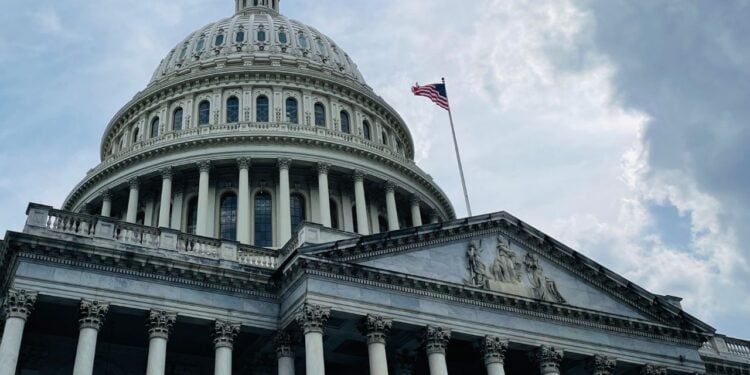As the 119th Congress settles into its new session, several Republican lawmakers are pushing for new restrictions on federal employee teleworking, making it a key legislative priority.
The bills emerging from Congress include both reintroductions of previous efforts and new proposals aimed at increasing oversight and reducing the scope of telework for federal workers, according to Government Executive.
One of the most prominent bills, the Federal Employee Return to Work Act (H.R. 236) by Rep. Dan Newhouse (R-Wash.) and its Senate version (S. 27) by Sen. Bill Cassidy (R-La.), would strip locality pay from federal employees who telework at least one day per week.
However, the bill would exempt employees with disabilities, Foreign Service members, and federal law enforcement. This measure, first introduced in 2024, failed to advance in previous sessions but has been reintroduced this year.
Rep. Andy Biggs (R-Ariz.) has also revived his Return to Work Act (H.R. 107), which would mandate that federal agencies revert to pre-pandemic telework policies from December 2019. This bill has previously failed to make it out of committee but is back on the agenda.
In addition, Sen. Joni Ernst (R-Iowa) has introduced the Requiring Effective Management and Oversight of Teleworking Employees Act (S. 21), which seeks to monitor telework performance by tracking login data and network traffic. This proposal aims to ensure that agencies can measure the effectiveness of teleworkers and hold them accountable.
Meanwhile, Sen. James Lankford (R-Okla.) has reintroduced the Telework Reform Act (S. 3015), which focuses on codifying definitions for telework and remote work, requiring annual reviews of telework agreements, and establishing training and reporting requirements for agencies.
The bill, which previously passed a committee vote, seeks to provide more flexibility for telework without reducing the practice itself.
These efforts align with broader initiatives expected from the incoming Trump administration, which has indicated plans to address telework as part of its goal to streamline the federal workforce.
With these new bills, congressional Republicans aim to impose stricter oversight and reduce the scope of telework, even as federal agencies continue to adjust to post-pandemic work practices.















